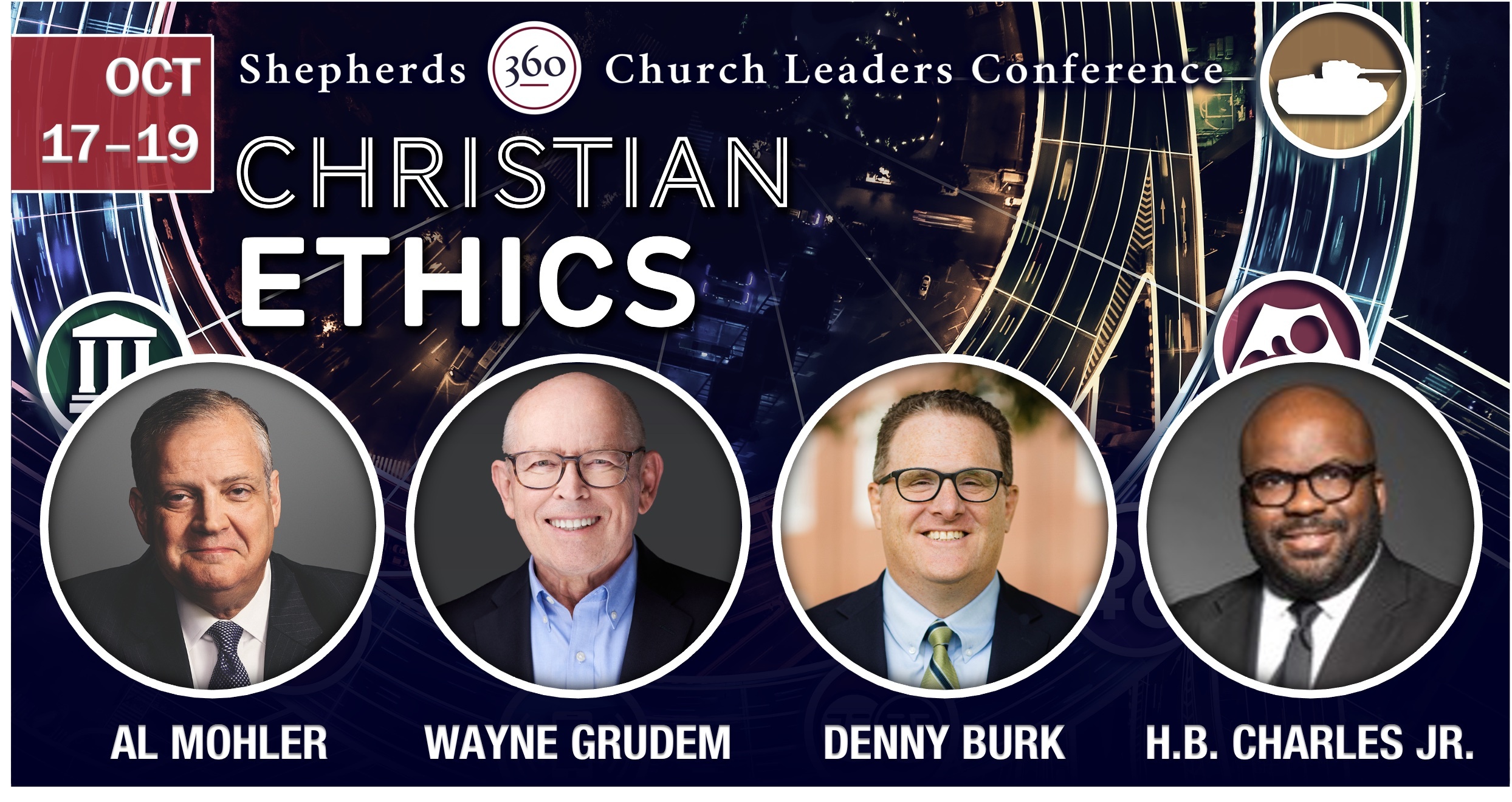If you’ve counseled for any length of time, you have likely found yourself in a spot where you have done everything you know to do, but the person you are counseling is no better. Maybe it’s a couple that you’ve been working with that’s highly conflicted, and they are just not responding to your counsel. Maybe it’s a woman struggling with anxiety who does all her homework yet shows no signs of improvement. We, counselors, are human and are likely to have intrusive thoughts suggesting we must not be very good at what we do. It’s even harder for us to take when our counselee says as much. Let’s face it—counseling people is hard work. While counseling at its best is a front-row seat to watch God work, it can be discouraging, frustrating, and at times humiliating when you can’t seem to figure out exactly what is wrong or what to suggest as a solution.
Counsel Thyself
We all know that transformation comes from a renewed mind (Rom. 12:2). So when intrusive thoughts show up, here are a few suggestions for mind renewal:
1. Remember you are caring for a person, not fixing a problem. People are complicated. There’s not a book on your shelf entitled The Care and Feeding of Jake Smith. The only way you could know everything pertaining to this person’s situation is to be God. Even your counselee doesn’t know everything that’s going on with them. You can’t expect to never miss anything—even important things.
2. There is a Savior, and He’s not you. To paraphrase 1 Corinthians 13, even if you had all wisdom and insight into your counselee’s life, could direct them authoritatively through the Scriptures, and could utilize exactly the right techniques to eradicate their problem, it would not guarantee the outcome. God is in charge of a person’s sanctification, and though He may use us to help a person mature in Christ, our work is only one of many things the Lord uses.
3. Do your best to be as knowledgeable, prepared, “prayed up,” and skillful as possible. Then entrust the results to God. Even if a couple divorces after you’ve worked with them for a year. Ultimately it is not because you did a poor job. God’s purposes cannot be thwarted. You were chosen to counsel those people by God’s design. You. With all your weaknesses, foibles, and failures. You may never see how God used you and your counsel in the lives of others, but you can be certain that He did.
4. Refer when you sense you are not the right counselor for a situation. I have, on multiple occasions, gotten into a counseling relationship where I discovered after a few weeks that there was more going on than I had the ability to deal with. Keep a good network of other counselors with specialties outside your own so that you can refer with confidence.
5. Remember you are caring for a whole person that consists of body and soul. Always consider there may be a physical component to a counselee’s mental/emotional struggle that may affect their ability to process your counsel. Sometimes it is a simple thing like poor sleep, lack of exercise, or poor nutrition. Other times it may require the intervention of medical professionals. Maybe your perceived failure of care is because you were trying to apply a spiritual solution to a physical problem.
6. Remember there is a real enemy with a contrary purpose for your counselee’s life. I often think of 2 Peter 1:8, which says, “For if these qualities are yours and are increasing, they keep you from being ineffective or unfruitful in the knowledge of our Lord Jesus Christ” (ESV). For believers, Satan’s focus is to ensure that we are ineffective and unfruitful (or “unproductive,” NIV) in our knowledge of Christ. Are there strongholds in your counselee’s life making them ineffective and unproductive? Perhaps that is why your counsel has had little impact.
A Time When I Missed It
As an inexperienced counselor, I was assigned a highly conflicted couple. I had a love seat in my office, and when they came in for their sessions, there was anything but love. He hugged the arm on one side, and she hugged the other—both of them looking away from each other. In one-on-one sessions with them, I discovered they were both very likeable people. Both loved the Lord. Both were faithful in ministering to others. Yet together, they were oil and water. They lacked the ability to see life from the other person’s perspective. They had no communication skills that allowed them to work through problems.
Inside I smiled. I remembered much of my training and many things I had read, and I couldn’t wait to get them all straightened out. After a month or two, we seemed to be making progress. On occasion, they sat a little closer to one another. Sometimes they even smiled and laughed. But the next week’s session would come, and it was back to square one. This cycle continued for months until they decided counseling was not getting anywhere, and they stopped coming.
I scratched my head for a good while. I was hurting for them, but to be honest, I was mostly licking my wounds. I had performed flawless surgery, but the patient died. Maybe I had made a mistake by leaving a perfectly good career in music ministry. Maybe the things I had learned in marriage counseling books and classes were off the mark. Maybe I just didn’t have the skills.
Looking back, I realize at the very least that God was trying to remind me that counseling is nothing like music. When you play (or sing) a piece of music, follow the notes correctly, produce a beautiful tone, follow the dynamics, tempo, etc. of the piece, the outcome will always be a satisfying musical experience met with applause. Counsel can be technically flawless, expertly and eloquently communicated, and skillfully presented with compassion and empathy, and still not produce the desired result. I struggled for a long time with the sense that I had failed this couple. After about two years, the husband sent me an email that said they were doing fine—after about a year past their counseling experience, they just decided to bury the hatchet between them and start afresh with a clean slate. Who knew?! Praise God that His ways are not thwarted by my abilities or lack thereof!
Questions for Reflection
- Do I ruminate too much over my inadequacies as a counselor?
- Do I expect too much of my own skills and not enough of the Holy Spirit?
- Have I built a proper network of other biblical counselors that I can consult with and/or refer to?
This article originally appeared in the Biblical Counseling Coalition blog on August 19, 2022, at www.biblicalcounselingcoalition.org, and is used by permission.


